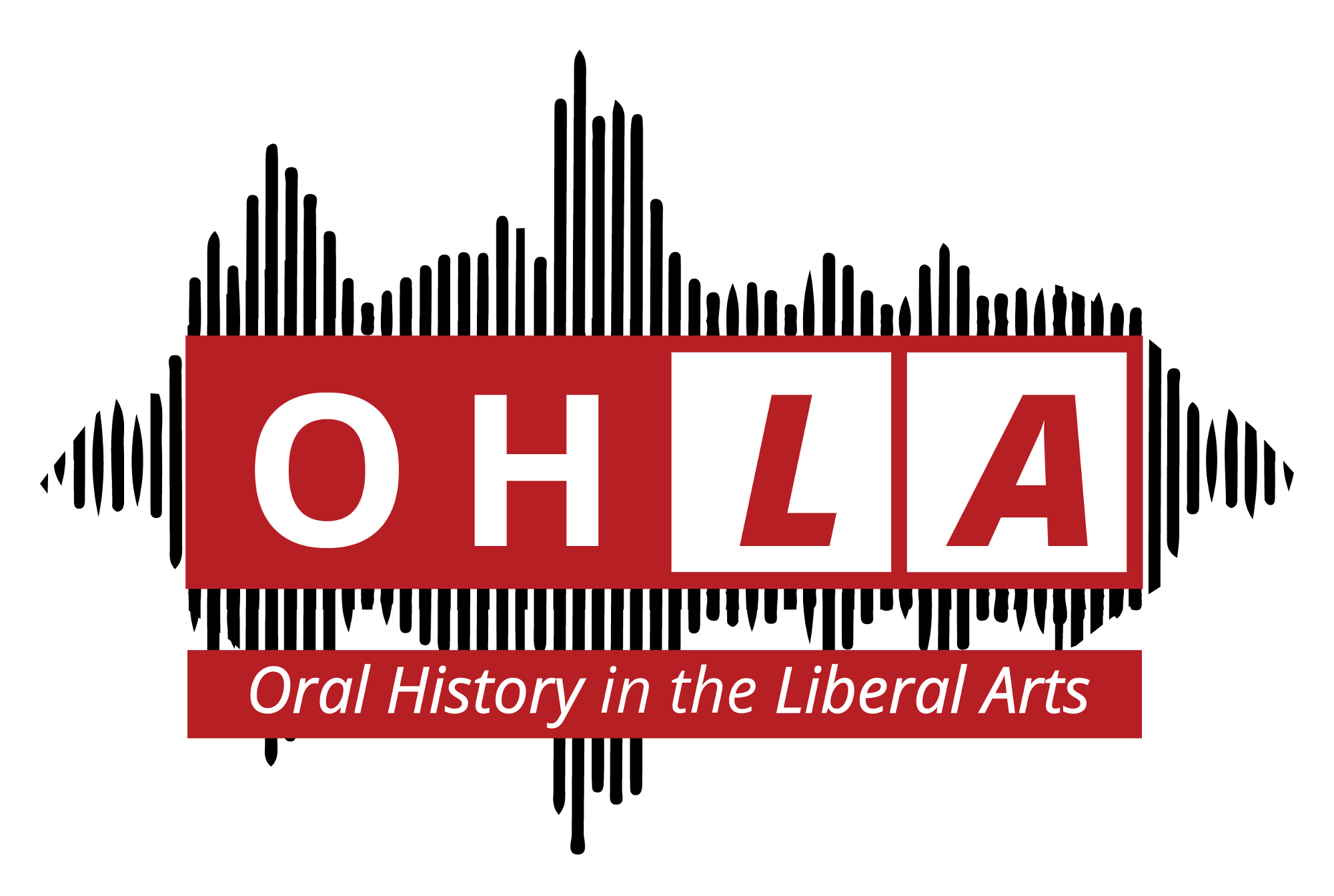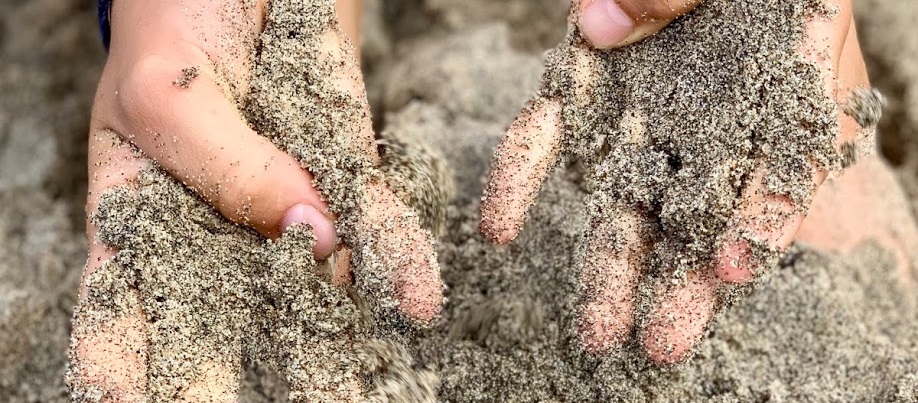Through his work with students in the Mellon Scholars program at Hope College, Ernest has incorporated pedagogical tools into the Sierra Leone Amputees Project, and is developing teaching and learning modules in subsequent years on the topic “Violence, Trauma, and Recovery” in his work with OHLA. In developing the learning modules, Ernest has structured the work into three phases: Digitization Phase, Pedagogical Phase, and Publication Phase. In year one, the digitization phase, he will focus on digitization of additional footages of interviews (transcription, subtitles, voice over), use digitized files to construct a narrative of reconciliation and upload in OHMS, use photos of interviews with amputees, ex-combatants, and child soldiers to narrate traumatic events of the civil war, develop themes for learning modules, and write three blog posts using word press in the OHLA website as reflective articles on the digitization process and the interdisciplinary scope of the learning modules.
In year two, the pedagogical phase, he will digitize of additional footages of interviews, develop and publish learning modules at OHLA website on violence trauma, and recovery from historical, literary, psychological and sociological perspectives, and develop a database of resources, theoretical and digital, for teachers of English who use oral history in the classroom.
In the final year of the project, the publication phase, he will continue to digitize additional footages of interviews, write a full length scholarly article for publication tentatively titled “The Theoretical and Pedagogical Import of Digital Storytelling in the Classroom: The Sierra Leone Amputee Projects as Case Study,” publish three blog posts using wordpress in the OHLA website, and refine and extend learning modules as pedagogical tools for use in interdisciplinary classroom situations.
These modules will incorporate audio-visual narratives of interviews with amputees and selected photos taken during fieldwork in Sierra Leone. These will be uploaded according to the work plan developed for the three phases of the project. Specific aspects of the plan will be published through OHMS and will include key word indexes and summaries of interviews.
There are four pillars in developing the learning modules: content, pedagogical tools, assessment and evaluation, and learning objectives and outcomes. In terms of content the modules will draw from literature, religion, psychology, history, and sociology. “Pedagogical tools” has three components: a teaching component that focuses on small group tutorial and peer review, a lecture component that comprises lectures and a student research paper, and an experiential component that includes interview/documentation and digitization of footages.
Assessment and evaluation will be based on the type of project undertaken but will generally include in-class writing, homework assignments, quizzes, evaluation of interviews, developing fact sheets and information sheets of interviews, content analysis of interviews and summaries, indexing, transcription, editing speeches, publishing results, developing archives of interviews, and documenting context of oral history and the digital humanities.
The objectives and outcomes of the module include developing themed courses across disciplines with members of the OHLA project, understanding cultural context of violence, psychological analysis of trauma, engaging issues of social justice and building empathy, compassion, solidarity, and advocating for disadvantaged people, fostering connections and building relationships across disciplines and members of partner institutions in the GLCA, and developing courses in Peace Studies (with a focus on reconciliation in post-conflict societies) and Body Studies (with a focus on the theory and conception of the disabled or disfigured body).
The learning modules will be divided into three components: module one is on violence, module two is on trauma, and module three is on recovery. Each module will have the following sections: objectives, content, learning outcomes, pedagogical tools, assessment, and resources (digital as blogs, webs, online materials as well as books, journals, and articles). Module one addresses violence from the perspective of literature and history, module two engages trauma from the perspective of psychology and sociology, and module three investigates recovery from the disciplines of religion, disability studies and body studies.








